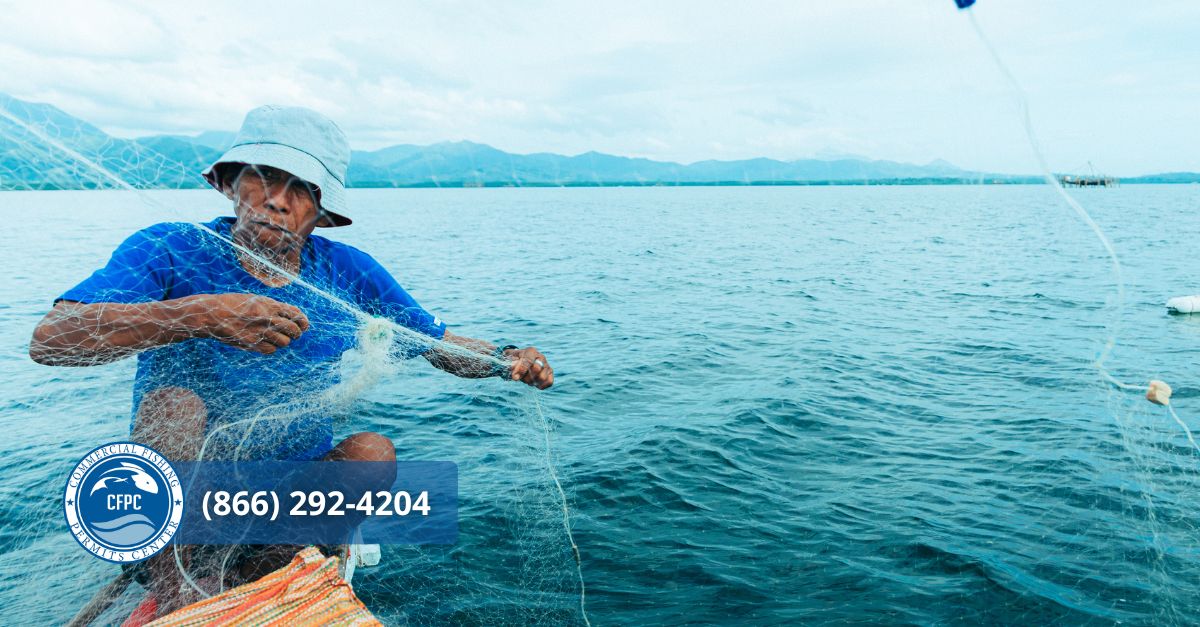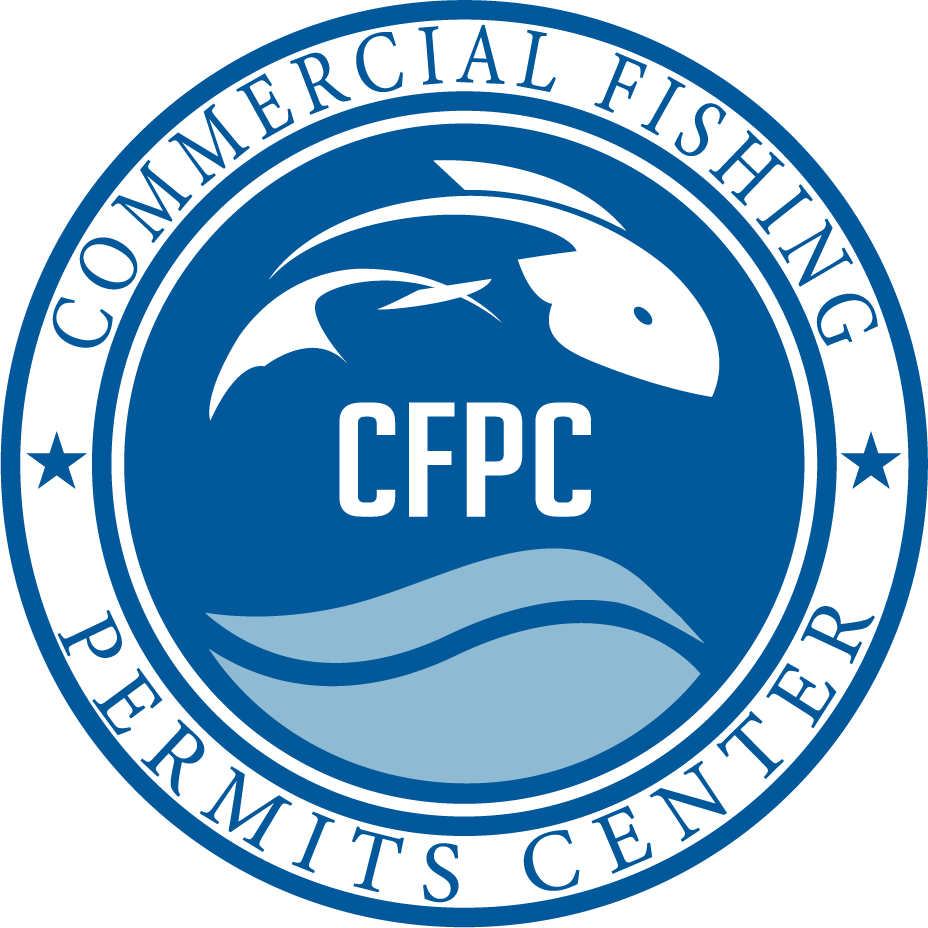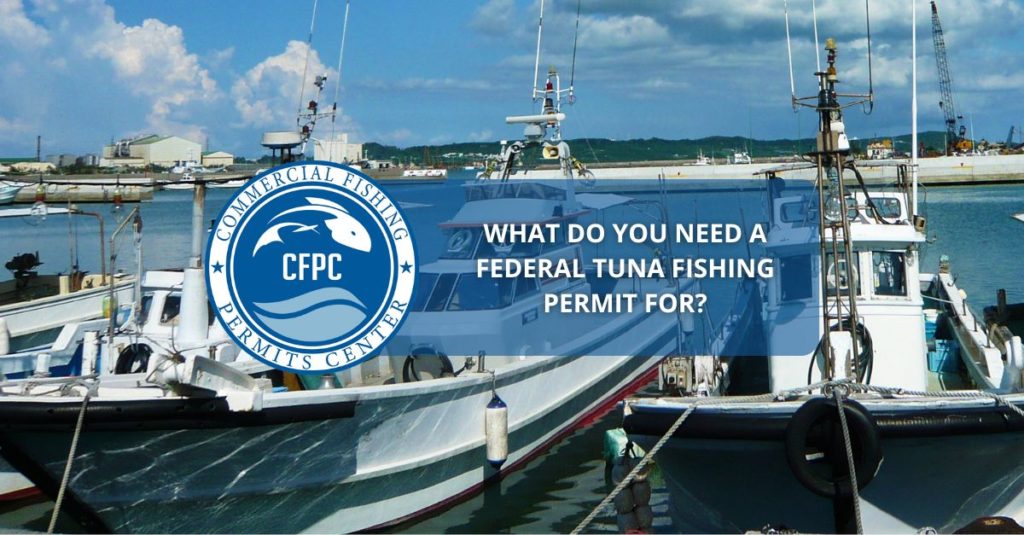Starting your own commercial fishing business requires a lot of thought and preparation. You will need to decide where you will be fishing, what sort of technique you will use, and even how large of a crew you will need to hire. Most importantly, however, you need to know what you will be aiming to catch, as well as who you will be selling it to, and for how much. For many commercial fishermen, Tuna is a highly-sought after fish due to the significant price it can demand. These large fish are prevalent in the Atlantic, and if you are interested in trying to catch them via longline, you will require a federal Tuna fishing permit.
If you are an experienced angler, you are familiar with the various types of fishing licenses and permits. You are perhaps most acquainted with the licenses that you obtain from your state’s department of wildlife each year. While federal permits follow similar principles, the process to obtain them, as well as what they apply to, can vary significantly. Read on to learn more about why you may need a federal permit to catch Tuna.
Fishing For Your Catch on Federal Waters
The United States is flanked by ample, expansive coastlines. On the east coast, in particular, the Atlantic Ocean provides a number of well-stocked and popular fisheries for commercial and industrial fishing operations. If you are thinking about setting up a shop in this area, you are going to want to determine whether you will be fishing in state waters, federal territory, or both.
State waters most often encompass the area close to the shoreline. Specifically, this covers the space from zero to three nautical miles from land. Federal waters extend from that three-mile point up to about 200 nautical miles from shore. As these are different jurisdictions, they require different permits. If you are going to be fishing in federal waters for Tuna, you will need to obtain the appropriate permit from the National Oceanic and Atmospheric Administration (NOAA).
Knowing Your Federal Tuna Fishing Permits
Atlantic Tuna is categorized as a Highly Migratory Species (HMS). This means that they can travel vast distances, and as such, they are found up and down the east coast of the U.S., While this is good for commercial fishermen in that they can be flexible in their location, the NOAA requires that you obtain a special permit for catching HMS species.
Another permit you will come to know is the Atlantic Tuna Longline Commercial Fishing Permit (Limited Access). As you can likely deduce from its name, this license applies to individuals or businesses who will be planning to longline for Tuna. In this practice, lines that can be up to miles-long in length are cast from a vessel, and they often contain hooks every few feet or so. While this can be an effective manner to catch fish, it is prone to snagging bycatch, and as such, the NOAA regulates it fairly tightly.

Contact Us Today!
We can help you get the NOAA permits you to need online. To learn more, contact us by email or phone, or peruse our simple-to-navigate website. We look forward to helping you and your commercial fishing business.


No Comments
Be the first to start a conversation